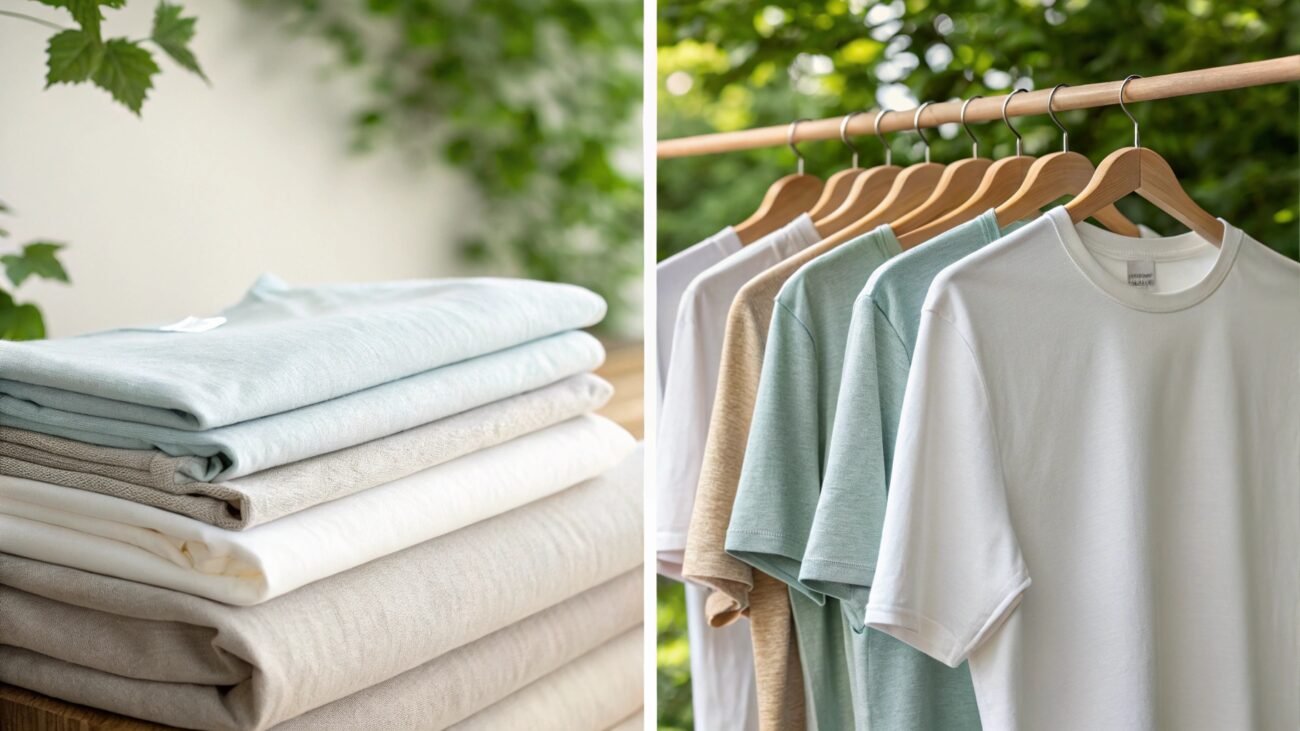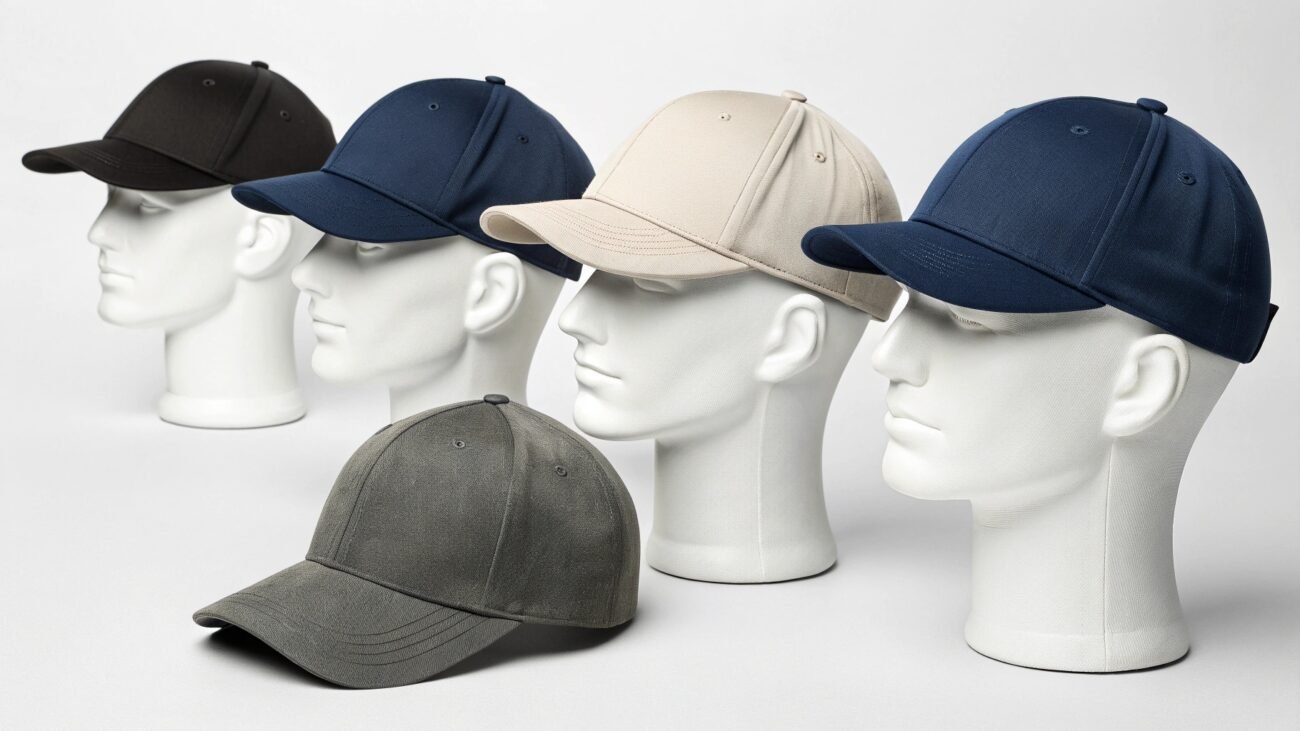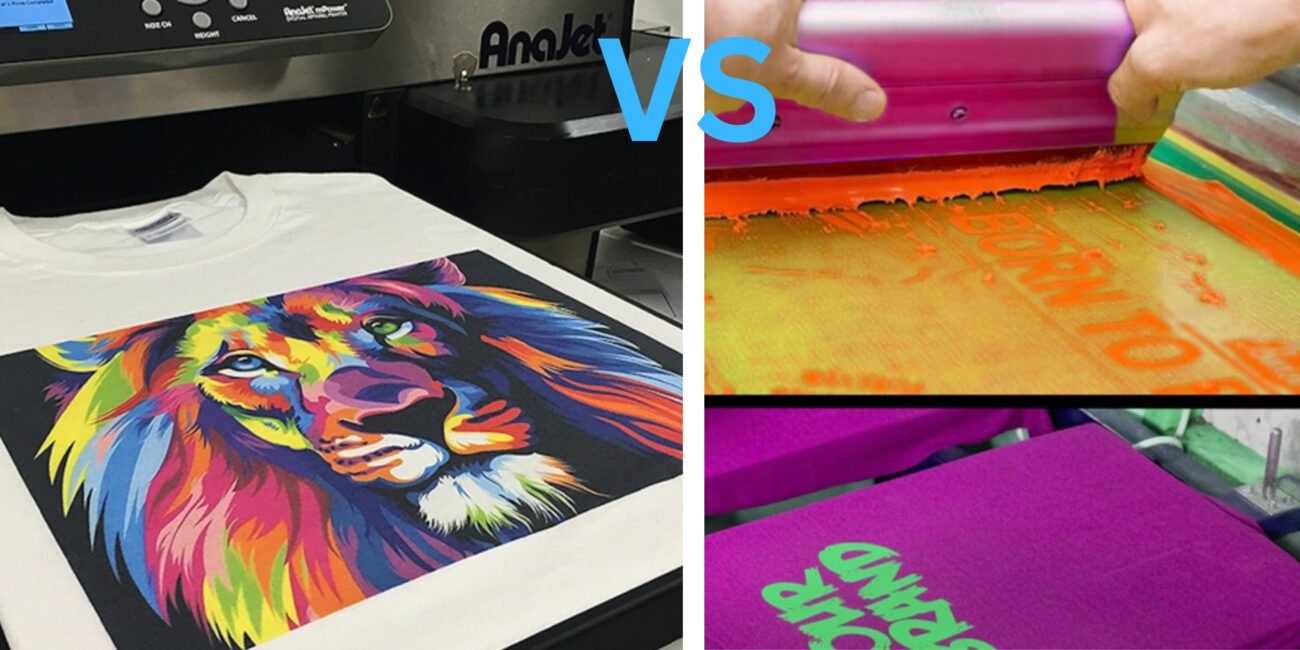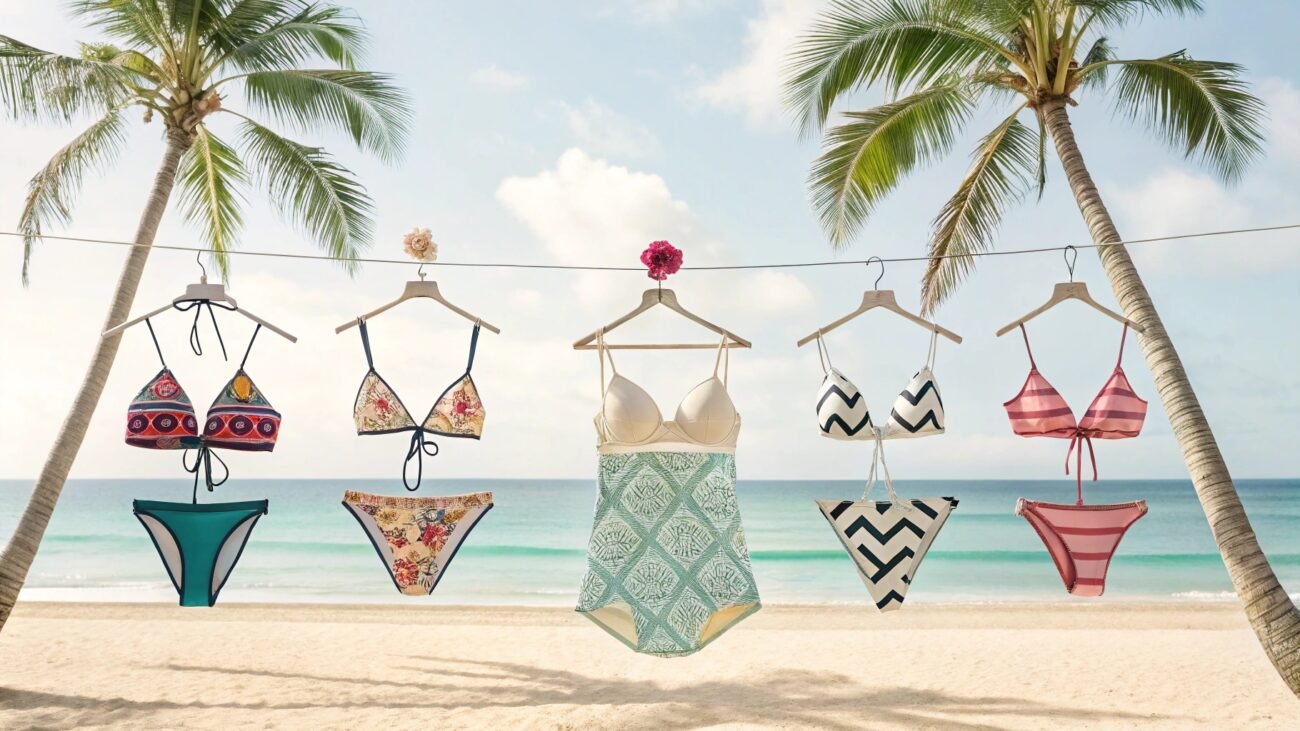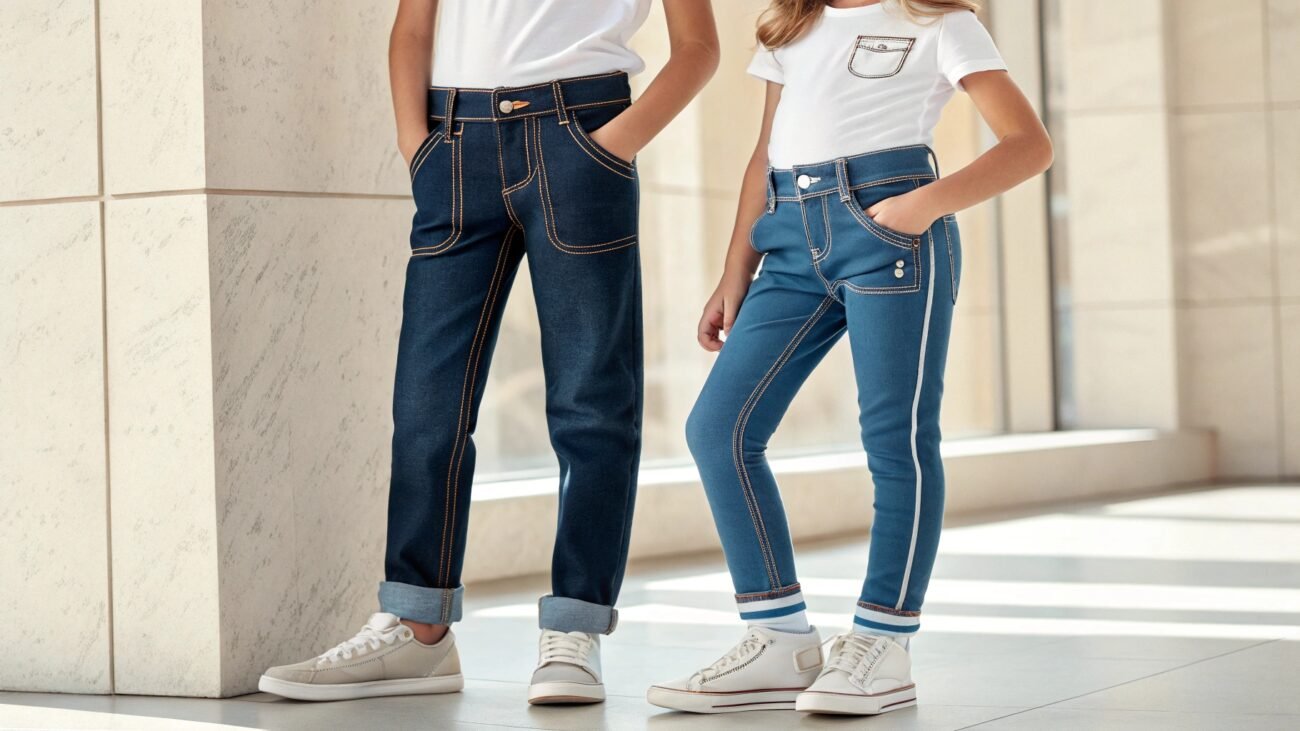Have you ever experienced a t-shirt with a transcendent feel? And thought, “What makes it so good to wear?”. If yes, then you are in for an adventure as this guide will cover all the contenders of “Best Fabric For T shirts” in the market along with their consecutive benefits such as:
Table of Contents
Toggle- Softness
- Durability
- Customizations availability
Consider This: Each fabric type confers a unique set of properties to the finished product, and knowing about these attributes can equip you with enough confidence to make an informed choice of fabric regarding your T-shirts , no matter if you are a business person or just some regular guy who likes to wear tees.
Main Takeaways From This Article
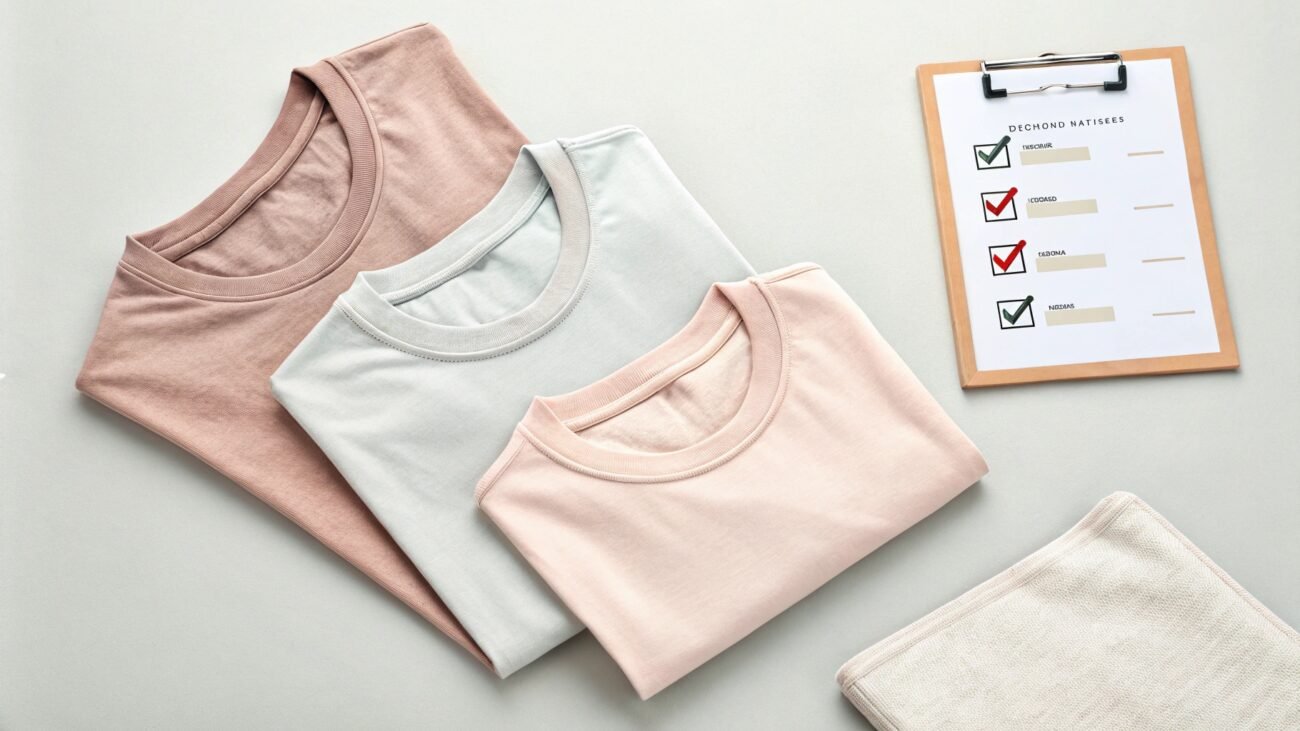
If you are in a hurry but still like to get detailed knowledge about the world of fabrics for t-shirts, then you can take a quick look at the pointers below:
- The right fabric material for t-shirts should be strong, customizable, and gentle on the skin.
- There are multiple types of materials in the market, natural options like Cotton & Linen along with synthetic options such as Polyester & Multiples blends.
- Eco-conscious fabrics are just as good as classics and have ample room for business opportunities due to being so highlighted in 2025.
- Polyester and its associated blends are the best fabric for printed T-shirts.
- Selecting the right fabric type depends on several factors, such as budget, GSM, and durability.
- Sampling is the only way to find the ideal fabric type if you are new to the fashion industry.
Best T-shirt Fabric Types Available in Market
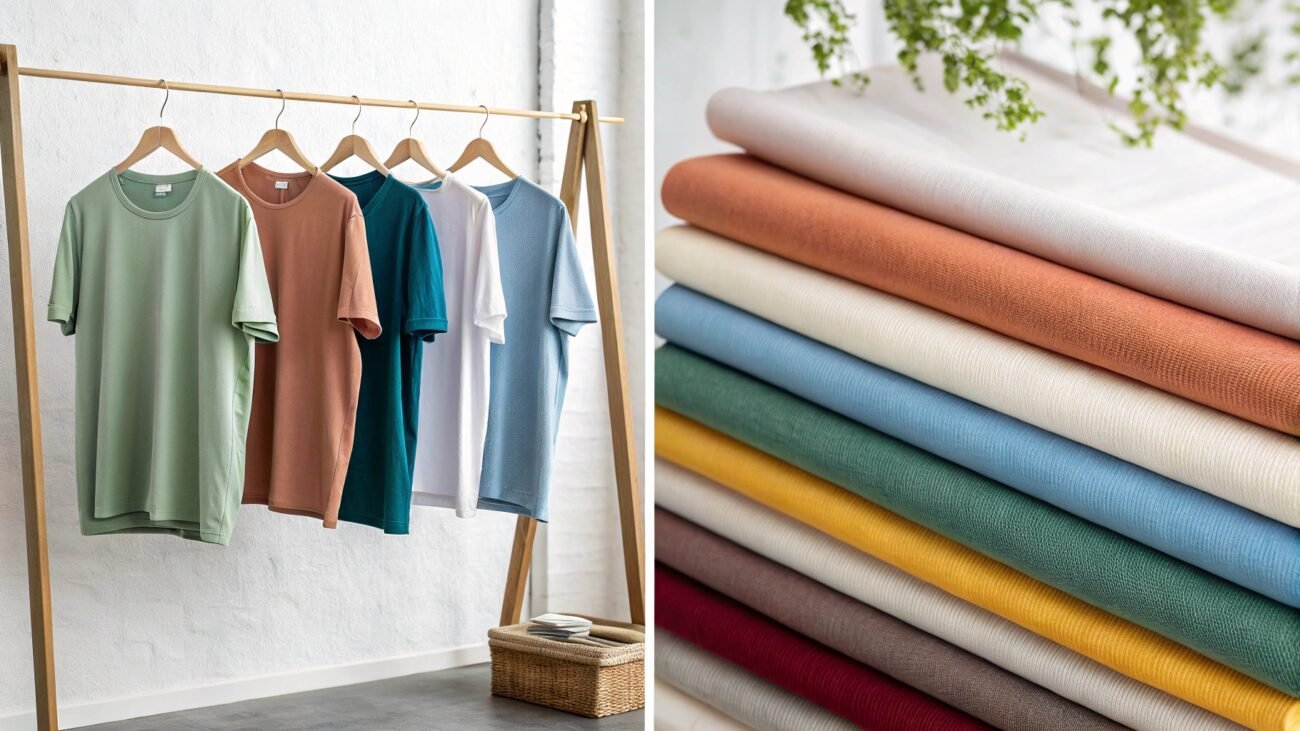
When crafting any kind of custom garments, selecting the right practices and even manufacturers is an absolute but without a doubt the role of fabric is most important and intricate. Fabrics involved in clothing production are like the base of sky crapper building, the more thoughtful and stronger the base, the more robust and useful is the final product.
Continuing this, T-shirts have been manufactured historically with some of the most common fabric materials, but these days, due to a surge of individuality and customization. Many business buyers are looking for fabric that has the following properties.
- Resilience
- Availability
- Affordness
- Printing Capabilities
Based on the above mentioned criteria, we have gathered 6 best fabric for custom T-shirts:
Cotton:
Often regarded as the “softest t-shirt material” in the garment industry, Cotton takes the lead in the world of customized clothes owing to its unique characteristics such as Hypoallergeny, Breathability and adequate printing fastness which together serve not just functional but also fashion aspects as well.
Cotton is naturally sourced which means it’s also eco-preserving and is used in a variety of high quality t-shirts manufacturing.
There are also multiple types of Cotton which all aim towards specific attributes, some types go for well-roundedness while others put heavy emphasis on softness and longevity. Take a look below to get a better understanding.
Ring-spun Cotton:
Although more expensive than traditional Cotton it is more softer, smoother, and durable thanks to it being tightly woven via the spinning process.
Combed Cotton:
This iteration is even softer than Ring-spun as it is thoroughly combed multiple times to remove impurities and debris, which leads to a smoother and flatter surface for better custom printing.
Slub Cotton:
Want to make high quality t-shirts that are light and airy? Consider investing in slub cotton; it is a bit expensive but tends to be wrinkle-less for longer wearing periods.
Pima Cotton:
This has to be the best cotton fabric on the market as it offers a smoother finish and softness while being very tear and wrinkle-resistant. It also makes a fine choice for personalized garment manufacturing due to its ability to retain colors for a long time.
Pique Cotton:
Also called Polo fabric, and is celebrated because of its structural integrity and very likeable texture. For Premium Polo shirts, opting for this cotton variation will do you a ton of good.
Drawbacks of Cotton: Cotton tends to wear down faster than its synthetic counterparts, and it may also shrink, causing fitting issues if not properly preshrunk.
Polyester:
You may have heard about Polyester in one way or another. It is a type of man-made fabric and has its own sets of uniqueness such as Wrinkle-resistancy and excellent moisture wicking properties which makes it a very viable option for t-shirts associated with higher activity levels.
It is also quite affordable compared to cotton and is hailed as the best fabric for printed T-shirts. Despite so many advantages, Polyester tends to fall short when breathability and allergies are concerned, but if you want lightweight clothes with an easy caring regime, then it might just be perfect for you.
What are some ethical concerns regarding Polyester?
Polyester has been a controversial topic for quite some time now, as there are environmental and ethical concerns regarding its sourcing and use. It also contributes to global warming. However, when blended correctly, these drawbacks can be rectified.
Linen:
Linen is another naturally sourced fabric material and is considered the best t-shirt material for summer because of its lightweightness, tear-resistance, and anti-odor properties. Skim through the table below to see the benefits and drawbacks associated with this fabric.
| Benefits | Drawbacks |
|---|---|
| Feels great on the skin. | Requires regular ironing. |
| Much stronger than other natural alternatives. | Less flexible and more expensive. |
| Absorbs moisture excellently. | Specific care routine. |
Audience For: Linen-manufactured clothes are an excellent choice for those who want a perfect balance of comfort, style and sustainability.
Cotton-Blends:
Cotton is mostly blended either with Polyester or spandex depending on the use case, as poly-cotton tends to provide lightweight strength, airiness, and print fastness solution, while cotton-spandex is often considered for casual summer activewear clothing where stretchability and hypoallergenic is must.
Some key features of these blends are;
- Higher elasticity.
- Wrinkle resistancy.
- Comfortable wearing option.
- Enhanced texture.
Quick Note: Cotton base blends aim towards higher cotton composition as compared to other fabric involved. Typical Poly-cotton composition is 30-70%.
Polyester-Blends:
A very popular choice for t-shirt manufacturing owing to their ability to combine best properties from different fibers. While Polyester excels in durability and moisture management on its own but if blended right it can enhance feel and overall performance by up to 5 times.
Here are some common polyester-based blends.
Poly-cotton (50-50):
Added cost effectiveness, color retention and pleasure.
Poly-spandex:
Increased flexibility and snug fitting along with the ability to hold its shape after intense activities and washing.
Tri-blended:
A thoughtful mix of Polyester, Cotton and rayon aiming for a luxurious appeal and is best for fashion-forwarded t-shirts where softness and aestheticness are key.
Eco-friendly Options:
Extremely viable for those businesses where eco-preserving clothing is the unique selling proposition. Owing to many advancements in science and processing have allowed the use of many pure fibers from nature directly; a few such examples are listed below;
Pure Organic Cotton:
Offers ultimate leisure and is ideal for premium eco-conscious t-shirts for a classic feel.
Bamboo:
A perfect choice for t-shirt manufacturing, where nature is the central focus. Bamboo fabric has inherent moisture management and antibacterial properties.
Choosing the Best Fabric for Making T-shirts
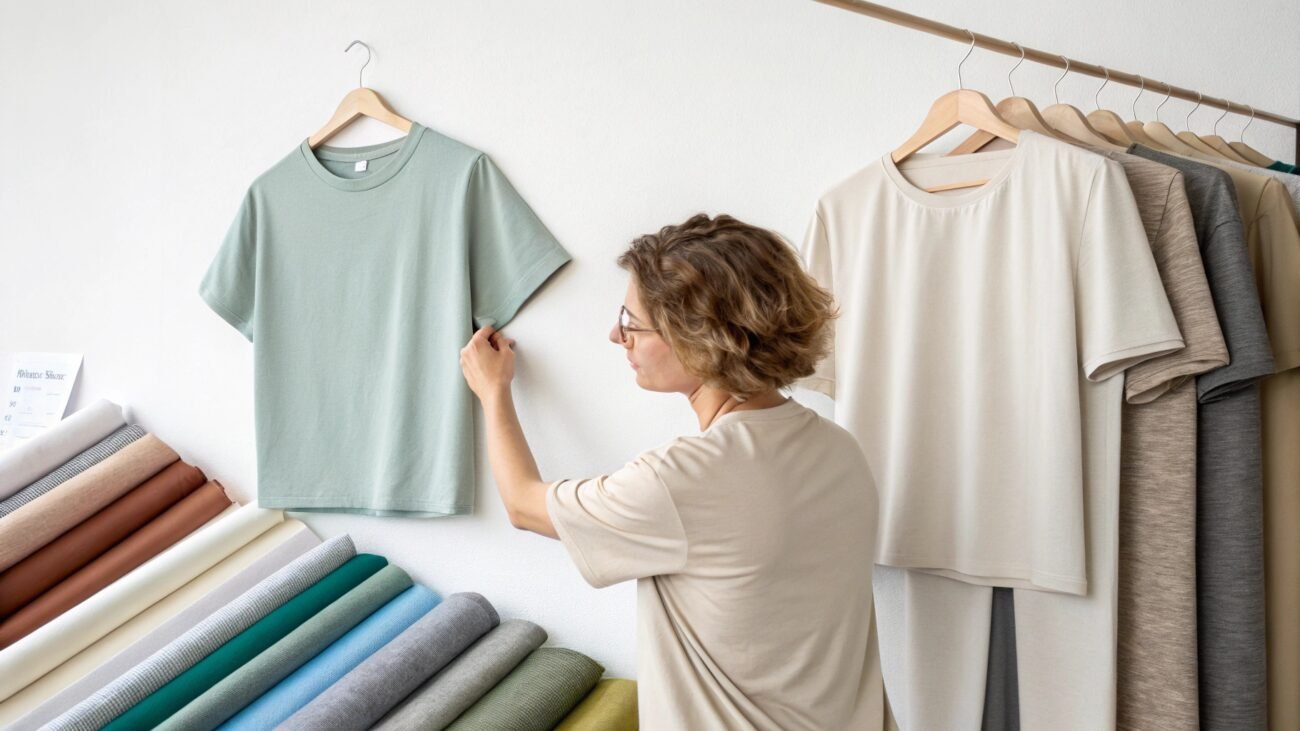
Selecting the best fabric for t-shirts depends on several factors and if you manage to understand them thoroughly then without a doubt you can make premium custom t-shirts that suits your customer’s lifestyles allowing your business to remain viable for a long time.
Factors to consider when choosing a fabric material:
Comfort Levels:
Evaluating comfort of fabric should be your top concern , no matter which niche having a gentle t-shirt in your wardrobe doesn’t hurt anybody. Cotton, linen and even 30:70 poly-cotton tend to be the most comfortable t-shirt fabrics while Polyester and its artificial blends can impart a feeling of unease and compromise.
Fabric Weight:
Depending on the season or needs, understanding how GSM confers the final feel of fabric can be very beneficial not just for business owners but also for regular people.
A higher GSM typically means higher fiber concentration which leads to insulative properties for colder environments while lower GSM confers higher breathability and such fabrics are best for warm and humid environments.
Fitting Capabilities:
Different fabric types have different fitting due to several factors such as stretchability and shape retention, if your aim is to make gymwear tees then selecting natural materials like Cotton and linen wouldn’t be very smart but on the other hand spandex blended materials would provide excellent fitting because of their flexibility.
Material Enduringness:
Material’s toughness plays an important role in clothing manufacturing. Synthetic options are renowned for their durability and should be used when business core values are centered on long-lasting clothing services. But if processed right , even less durable materials like cotton can become very sturdy with a proper caring routine.
Affordability:
From a business perspective, your envisioned tees should be adaptable. Yes, going for premium fabrics like pima cotton and silk would result in very high quality production but it would also break your bank. So consider carefully as you also have blended fabric choices which albeit not completely but still offer some degree of premium ness on a budget.
Environmental Sustainability:
In the current era, environmental viability plays a huge role when picking out best material for t-shirts as opting for organic material means possibility of less environmental impact and risks of allergy. If your brands care about its carbon footprint then without a question fabric material such as Cotton, linen and bamboo are best.
Quick Fact: The sustainable fabrics market is expected to grow by USD 28.9 billions till 2029 with a CAGR of 8.6%. This report should be enough to tell you how serious people have become about their environmental impact.
Envision and Printing affinity:
Perhaps the most important factor to consider when discussing the best fabric for making T-shirts. Suppose your envision tees have to be color retaining but should allow air to pass through then your only option is poly-cotton because if you went along the other options then most likely they would fulfil the first condition but wouldn’t be able to meet the second.
Similarly, for any custom garment type, it should be printable enough for a long time. Cotton and its variation holds print well but with continuous washing it tends to lose those uniquely crafted designs. Polyester on the other hand are very suitable for various printing options such as sublimation, Direct-to-film and even heat transfers as well.
Make Your Own Custom T-Shirt Collection Today!
PLCM have been in business for decades now, and we are skilled enough to turn all of your ideal clothes into a real deal.
Related Blog: How to Choose the Right Fabric for Your Private Label Clothing Brand
To help you choose, the table below outlines the best fabric for each t-shirt style.
| PLCM’s T-shirts Collection | Best Fabric Material |
|---|---|
| Crop t-shirts | Cotton-Spandex |
| Raglan sleeve tees | Poly-cotton |
| Polo tee shirts | Poly-cotton, Pique cotton |
| V-neck t shirts | Combed cotton |
| Long sleeve t-shirts | Ringspun cotton |
Look what Redditors are talking about t-shirts fabrics:
Conclusion
To put everything in perspective, there are multiple types of fabric options available in the market, and each variation grants specific functionality and feel. But to say with confidence which is the best cloth for T-shirts? That is a difficult task as it depends on various factors ranging from personal preferences to even customer necessities.
However, to find the best possible solution, it is highly advisable to opt for affordable sampling from manufacturers as reading on the internet is different from the actual in hand feeling of clothes.
Common Queries
1) Are there any shirt materials that don’t wrinkle and take up foul odor?
It is a bit complicated because if you are talking about pure fabrics, then the answer would be no, but there are unique poly-linen blends that can offer anti-odor & wrinkles. You can definitely explore that lane!
2) What are some tear-free t-shirt fabrics?
There are multiple options you can explore; in the natural category, there is Pima cotton and linen, while in the synthetic category, Polyester is a fabric with tear resistance.
3) What is the best fabric for printed T-shirts?
Polyester is widely recognized as the most compatible fabric type with various printing methods due to it being made of plastic polymers that hold color very efficiently even after multiple washes.

